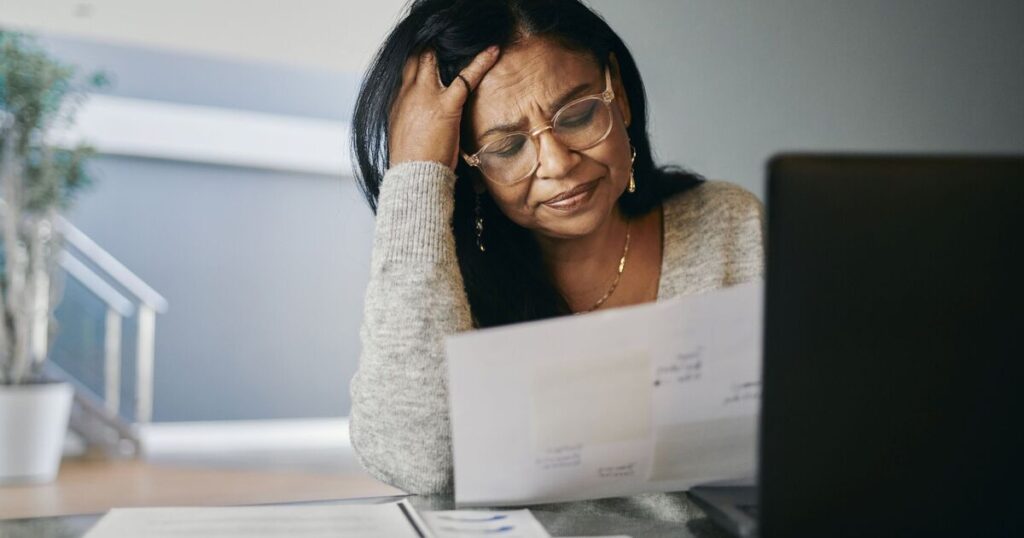
Thousands of elderly women scraping by on just £1-a-week pensions could be sitting on a hidden goldmine, thanks to government blunders going back decades.
Former pensions minister Sir Steve Webb has blown the whistle on a “shocking” oversight by the Department for Work and Pensions (DWP) which may have left up to 18,000 women short-changed by tens of thousands of pounds.
“These women have been left to struggle on paltry sums – it’s a disgrace,” said Sir Steve, now a partner at pensions consultancy Lane Clark & Peacock (LCP). “To anyone who is eligible, it’s a King’s ransom – a small fortune.”
Many of the affected women are receiving less than £1 a week through an outdated scheme called the Graduated Retirement Benefit (GRB) – a relic from the pre-1975 pensions system.
Some stayed at home to raise families, never building up enough National Insurance contributions, and were unknowingly placed on these meagre payments – sometimes so low they were paid just once a year.
“It some cases the sum is so small, they were only paid once a year,” Sir Steve told The i Paper.
“Some couples have been getting by essentially on only one pension to support two people.”
But under current rules, they could be entitled to a married women’s pension worth 60 per cent of their husband’s state pension – around £105 a week if he’s receiving the full £176 basic rate.
Even more staggering, those who never claimed before may now be due backdated payments worth tens of thousands, dating all the way back to their husband’s retirement.
“Because it’s your first claim to a basic state pension, it can be backdated to when your husband retired,” Webb explained. “It’s life-changing amounts of money.”
One woman, Carole Davies from Surrey, received a windfall of £56,000 after discovering in 2021 that she had been on just £1 a week for years. With Sir Steve’s help, her payments were corrected and backdated to 2005.
Another, Bernie Weallans from Brighton, got £20,000 in five years’ worth of repayments, also in 2021.
While 130,000 pension underpayments have been corrected by the DWP since 2020, totalling over £800 million, Webb believes the department is dragging its feet on helping the remaining women on GRB.
His analysis of DWP figures reveals 18,520 women still receiving the outdated GRB, with an average payment of just 93p per week. Of these, only 3,296 are in the UK – the rest are overseas but still potentially eligible if their husband has a UK pension.
“What’s shocking is that some people are receiving derisory amounts [on GRB],” said Sir Steve. “It can be worth tens of thousands of pounds.”
He insists the DWP must now take urgent action. “It’s a sufficiently small group, and the amounts they are missing out on are so huge, that I don’t think it’s outrageous to suggest the Government writes to them all and explains what they might be eligible for,” he said.
Rachel Vahey, head of public policy at AJ Bell, echoed the call for action. She said: “Work like Sir Steve is doing on certain groups is really essential. Hopefully, the DWP can work with new information coming from the pension industry to identify remaining people. We need to make sure people get the money they are due.”
The DWP said not everyone on GRB will be entitled to more.
A spokesperson added: “People who are married or in a civil partnership who reached state pension age before 6 April 2016 may be entitled to receive a state pension or an increase in their state pension based on their partner’s National Insurance contributions once their partner has reached state pension age.”
 Latest World Breaking News Online News Portal
Latest World Breaking News Online News Portal






